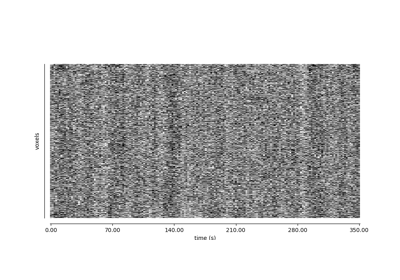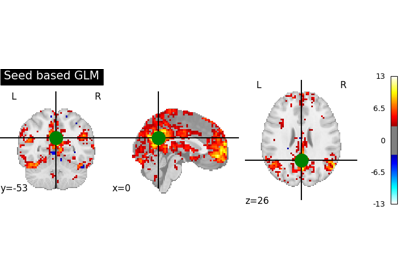Note
This page is a reference documentation. It only explains the function signature, and not how to use it. Please refer to the user guide for the big picture.
nilearn.datasets.fetch_adhd#
- nilearn.datasets.fetch_adhd(n_subjects=30, data_dir=None, url=None, resume=True, verbose=1)[source]#
Download and load the ADHD resting-state dataset.
See 1.
- Parameters
- n_subjectsint, optional
The number of subjects to load from maximum of 40 subjects. By default, 30 subjects will be loaded. If None is given, all 40 subjects will be loaded. Default=30.
- data_dir
pathlib.Pathorstr, optional Path where data should be downloaded. By default, files are downloaded in home directory.
- url
str, optional URL of file to download. Override download URL. Used for test only (or if you setup a mirror of the data). Default=None.
- resume
bool, optional Whether to resume download of a partly-downloaded file. Default=True.
- verbose
int, optional Verbosity level (0 means no message). Default=1.
- Returns
- datasklearn.datasets.base.Bunch
Dictionary-like object, the interest attributes are :
‘func’: Paths to functional resting-state images
‘phenotypic’: Explanations of preprocessing steps
‘confounds’: CSV files containing the nuisance variables
References
- 1
Nitrc adhd resting-state dataset. ftp://www.nitrc.org/fcon_1000/htdocs/indi/adhd200/sites/ADHD200_40sub_preprocessed.tgz. Accessed: 2021-05-19.

